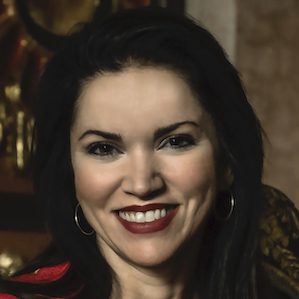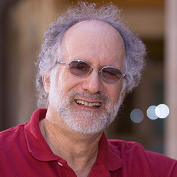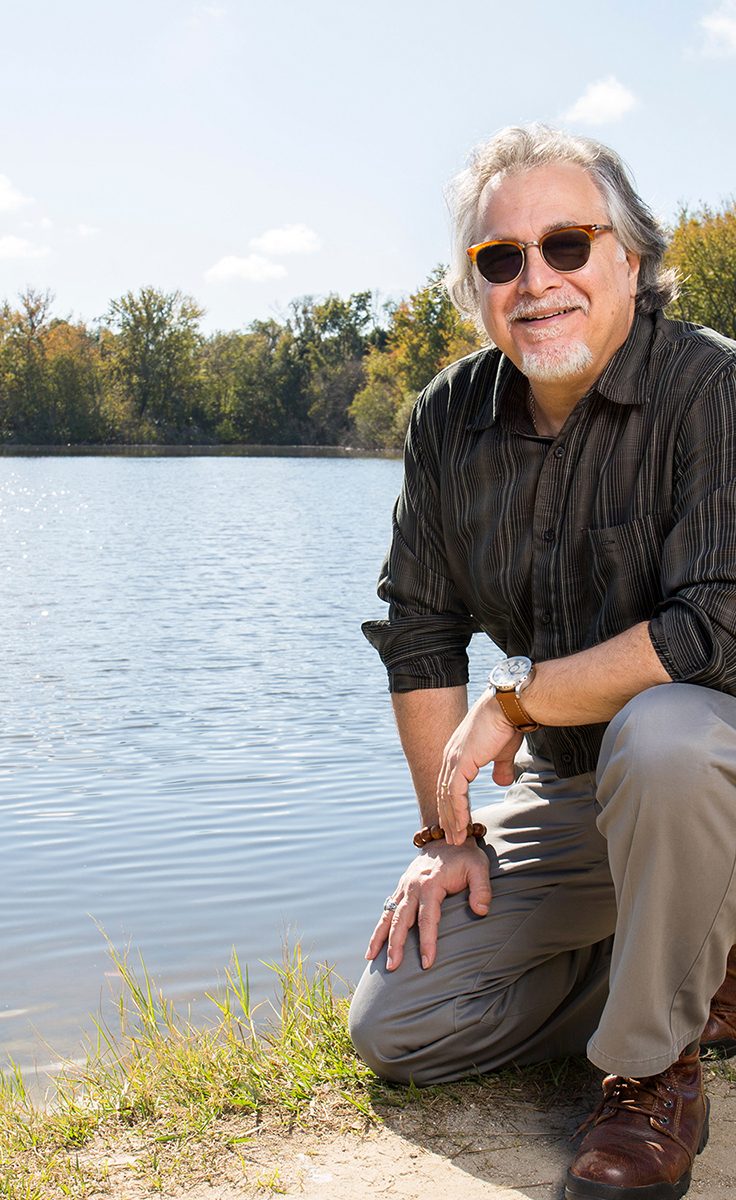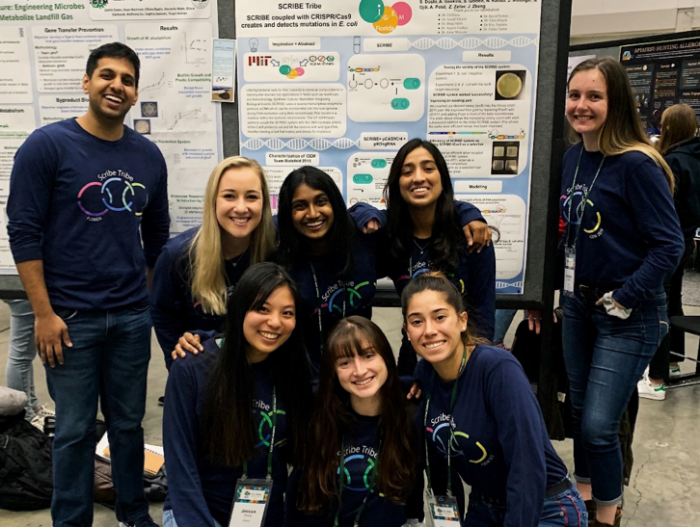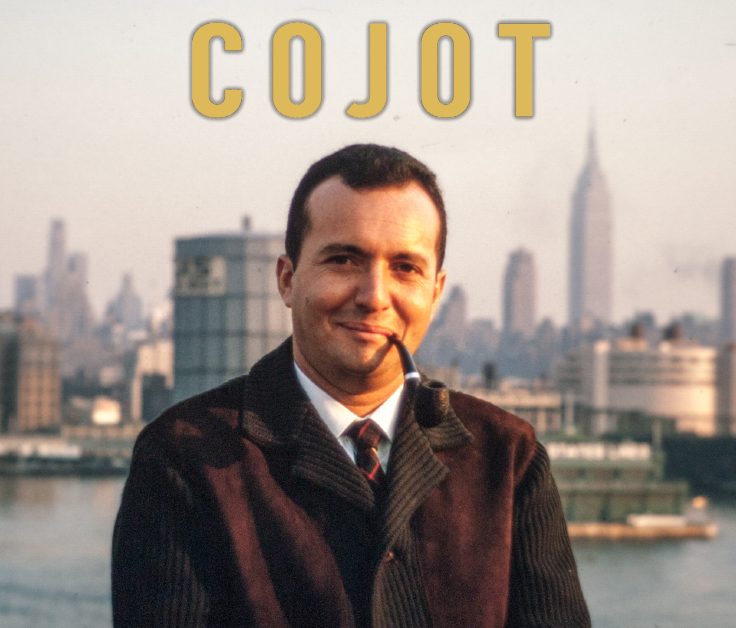News
New Book Releases from Faculty and Alumni
Check out the latest published work by our talented faculty and alumni.
UF Professor Earns Hall of Fame Spot for Groundbreaking Invention
Chemistry professor Richard Yost's invention has been used to test Olympic athletes for drugs and to save newborns' lives.
Remembering David Colburn
Honoring the life and legacy of Liberal Arts and Sciences champion David Colburn.
CLAS Faculty Receive National Endowment for the Humanities Fellowships
Lillian Guerra, professor in the Department of History, and Amanda Concha-Holmes, courtesy faculty in the Department of Anthropology, received grants.
Kenneth D. Wald wins 2019 National Jewish Book Award
The Foundations of American Jewish Liberalism was honored as the best nonfiction book about the Jewish experience in North America.
Geology Professor Honored at AGU Meeting
Thomas S. Bianchi, the Jon L. and the Beverly A. Thompson Endowed Chair of Geological Sciences, was honored at the American Geophysical Union (AGU) fall meeting in December 2019 as an AGU Fellow.
Dragging Language Textbooks into the Digital Age
Professor Gillian Lord has co-created an all-digital, low-cost Spanish language program that looks to give students have a more relevant, meaningful experience in class.
UF Pre-Law Fraternity Wins Big at National Conference
The UF chapter of Phi Alpha Delta (PAD) Pre-Law Fraternity recently won multiple awards at the PAD Pre-Law Conference, Mock Trial Competition, and Law School Expo.
‘Nothing to See Here,’ Alum Kevin Wilson’s New Novel, Ignites with Surreal Wit
The latest novel from MFA in Creative Writing graduate Kevin Wilson has earned rave reviews for its hilarious, surreal take on childrearing.
Could Humans Regenerate Teeth like Sharks?
New research into the similarities between shark and human teeth shows humans have more potential to regrow teeth than previously believed.
UF Student Research Team Wins Silver Medal at International Competition
The 2019 UF iGEM Team recently won a silver medal at the International Genetically Engineered Machine (iGEM) Competition, held in Boston from Oct. 31 to Nov. 4.
Museum to Host Early Screening of Documentary “Cojot”
On Nov. 14, the Museum of Tolerance in Los Angeles will hold a free advance screening of the documentary “Cojot,” produced by UF professor Gayle Zachmann and directed by alumnus Boaz Dvir.



